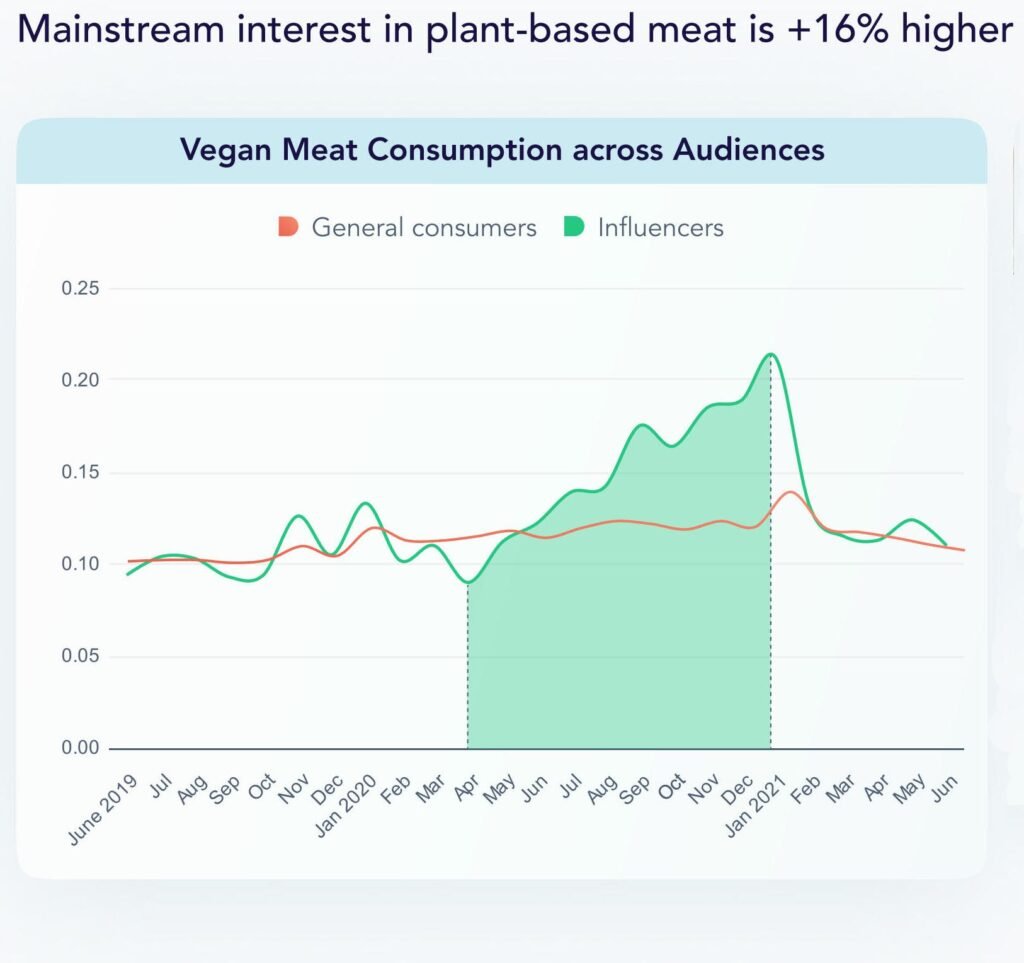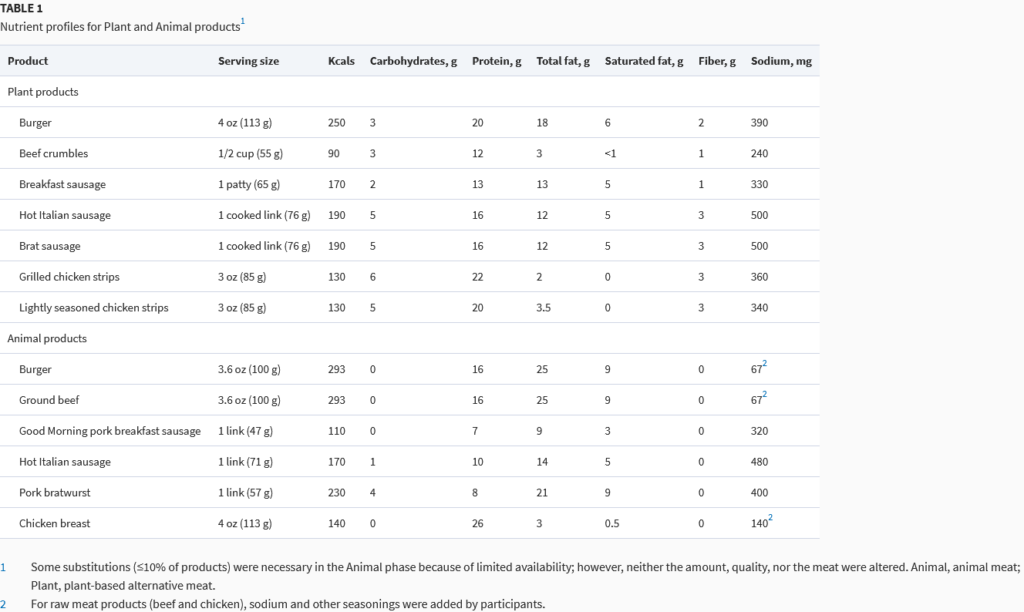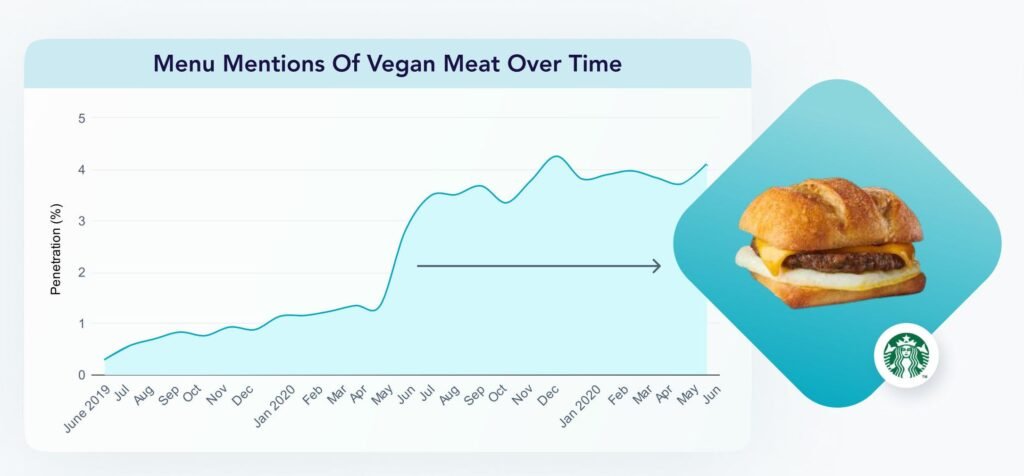Plant-based, vegetarian meat options are becoming more popular, with a variety of options accessible on grocery store shelves and restaurant menus. Alternative proteins are undoubtedly gaining popularity across a wide range of demographics.
Do these items, however, satisfy the requirement for a well-balanced diet?
To answer this question, Beyond Foods, a distributor of plant-based meat substitutes, provided funding to assess the effect of ingesting plant-based alternative meat with animal meat on health parameters.

Researchers examined outcomes such as TMAO (trimethylamine-N-oxide) concentration, a gut-flora chemical that signals risk for cardiovascular disease, LDL cholesterol, and body weight. All 3 improved with the plant-based alternative foods.
Another review of 37 plant-based ground beef replacement products available in the United States in 2019 discovered that the beef alternatives had higher fibre, folate, and manganese, and sometimes, but not always, had decreased saturated fats.

They were also lower in protein, higher in salt, and lower in vitamin B12, which can only be obtained in animal products unless fortified. Alternative proteins, like many processed foods, provide nutrients to customers but also have certain drawbacks, such as a bit too much salt, sugar, and carbohydrates.

However, it appears that providing food that can guarantee the delivery of essential nutrients to the population as a whole without relying on industrial animal agriculture is vital to tackling the climate issue. Innovations in response to the world’s rising need for alternative proteins can undoubtedly help to relieve strains on the Earth’s natural resources.
Reference- ScienceDirect, American Journal Of Clinical Nutrition, Tastewise AI platform






